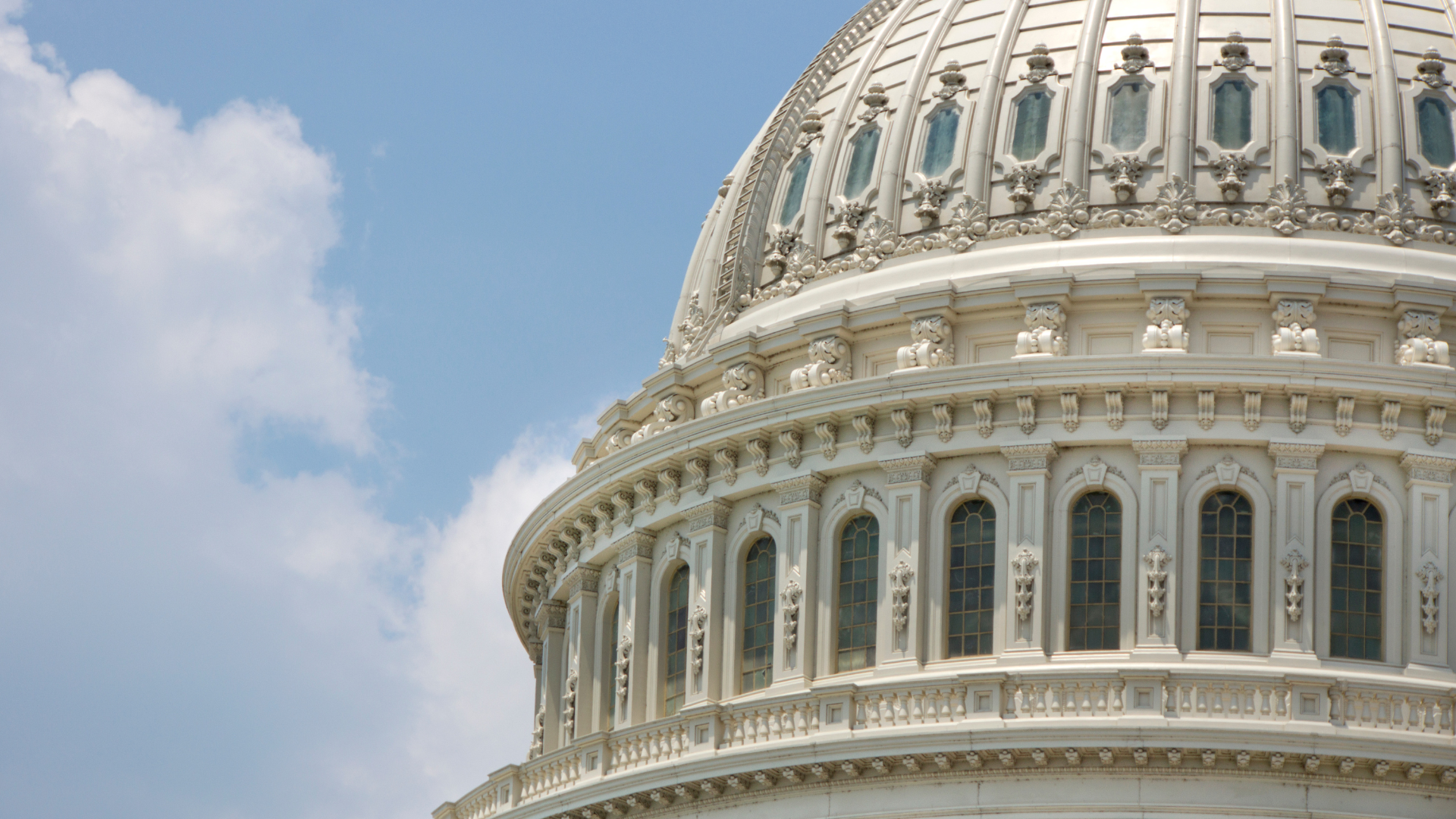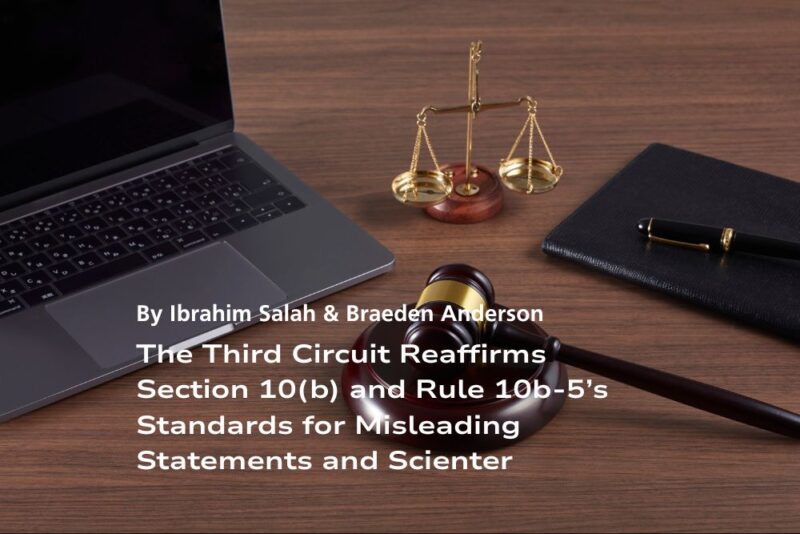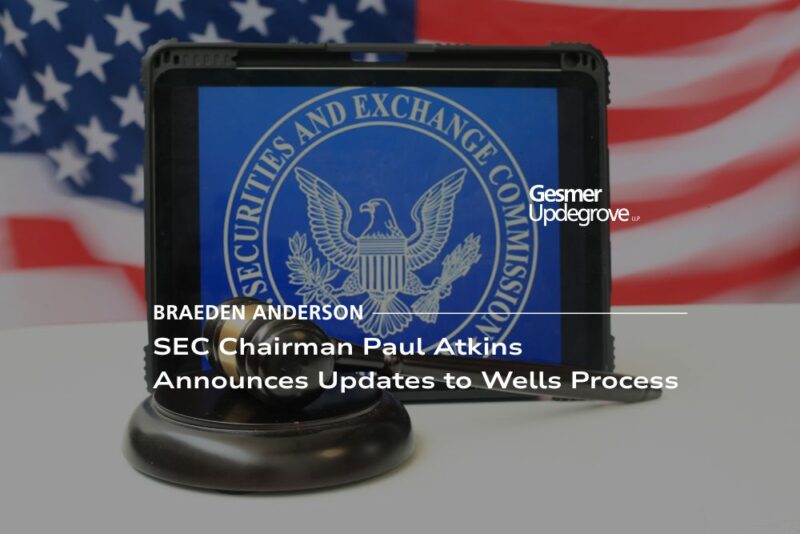
The One Big Beautiful Bill Act (the “Act”), signed into law on July 4, 2025, established a new deduction regime on overtime pay and tips that has garnered significant attention. Workers can now deduct up to $12,500 in overtime pay and up to $25,000 in reported tips when filing their federal tax returns. Workers will not see the impact of this law change until filing their taxes next year.
What do employers need to do?
Employers should immediately implement procedures, or review existing procedures, for the careful tracking of tips and overtime payments paid to employees, as employers will be required to report these amounts under the Act. While the Act provides employers with some flexibility to approximate these amounts for 2025, employers will need to report cash tips and overtime payments as separate line items with more precision in 2026.
Are all tips and overtime eligible for the deduction?
No. Only “qualified tips” and “qualified overtime compensation” can be deducted.
Qualified tips are cash tips, received by workers in occupations which “customarily and regularly received tips on or before December 31, 2024.” To be “qualified,” the amount of the tip must be voluntary and determined by the payor. Mandatory service fees or gratuities would not be considered “qualified tips” under the Act.
Contact Us Today With Any Questions
The Act defines “qualified overtime compensation” as “overtime compensation paid to an individual required under section 7 of the Fair Labor Standards Act of 1938 that is in excess of the regular rate (as used in such section) at which such individual is employed.” Overtime compensation that is not “required” by the FLSA but nonetheless paid (whether pursuant to a contract, collective bargaining agreement, or state law requirements) are not covered by this deduction.
Who is eligible to claim the deduction?
Generally anyone receiving tips or overtime pay is eligible to claim the deduction, subject to certain limitations. As discussed above, only “qualified” tips and overtime are eligible. In addition, higher income earners may not be eligible for the full amount of the deduction. The amount workers are allowed to claim as a deduction is phased out for those with a modified adjust gross income of over $150,000 (or $300,000 if filing jointly).
Should employers still withhold federal taxes from tips and overtime?
Yes. Employers should continue to withhold federal taxes from tips and overtime. Workers will see the impact of any savings from these deductions when they file their 2025 tax returns early next year.
However, the Act instructs the Secretary of the Treasury to modify the requirements for deducting and withholding of income taxes to take these deductions into account, beginning with the 2026 tax year. Employers should review these requirements when promulgated and make any necessary modifications to employee deductions and withholdings.
Are these deductions permanent?
No. Under the Act, the deductions for overtime and tips will expire at the end of 2028.
Other Tax Changes
The Act also includes numerous extensions, changes, and expansions of existing tax law. These changes can be found HERE in our separate client alert.
Contact David McGlone
Check Out Our Latest Publications
- SEC CHAIR OUTLINES PLAN TO BRING CLARITY TO DIGITAL ASSET OVERSIGHT

- CRYPTO TAX: YEAR-IN-REVIEW

- The Third Circuit Reaffirms Section 10(b) and Rule 10b-5’s Standards for Misleading Statements and Scienter

- SEC Chairman Paul Atkins Announces Updates to Wells Process

- SEC Policy Update: Coordinated Review of Settlements and Waivers Restored

- SEC Provides Key Update on Treasury Clearing Rule Implementation

